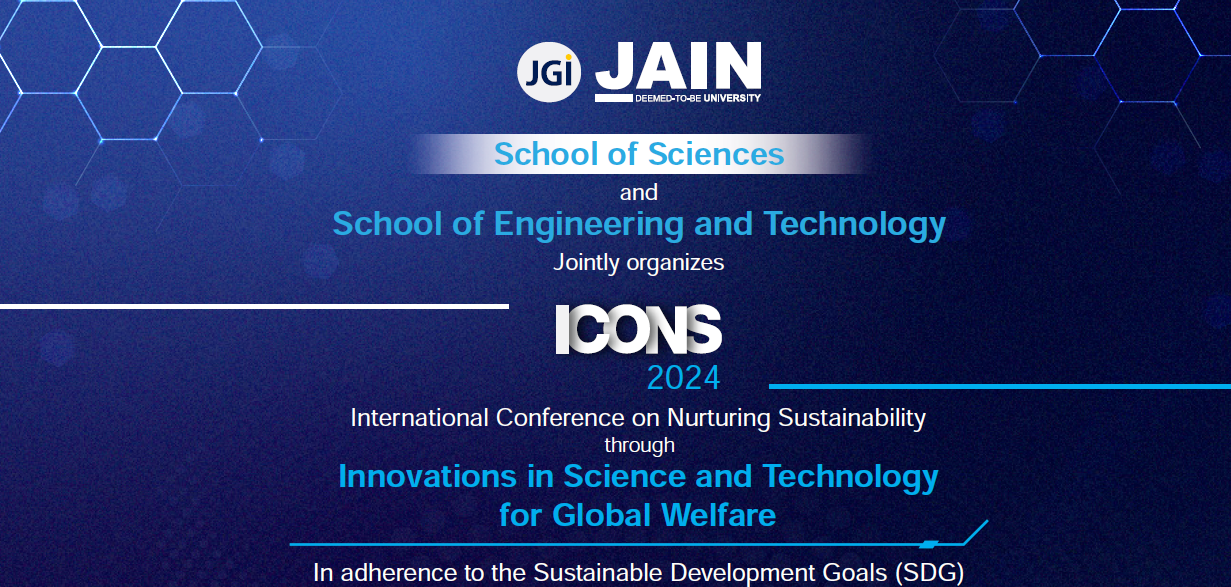Speaker
Description
This research examines the economic feasibility and potential environmental benefits of large-scale utilization of bamboo leaves ash (BLA) as a partial replacement for cement in sustainable concrete production. The study aims to address the dual challenges of high carbon emissions from cement production and the effective management of agricultural waste. The importance of this research lies in demonstrating how BLA can serve as a cost-effective and environmentally friendly alternative to traditional cement, promoting sustainable construction practices.
Methods involved a comprehensive economic analysis of BLA production, including costs associated with collection, processing, and transportation, compared to conventional cement. Additionally, an environmental impact assessment was conducted to evaluate the reduction in carbon emissions, energy consumption, and waste management benefits associated with large-scale BLA utilization. Concrete mixes incorporating varying percentages of BLA (0%, 10%, 15%, 20%) were tested for mechanical properties to ensure their viability for construction purposes.
Results indicated that BLA can be produced and utilized at a lower cost than traditional cement, primarily due to the availability and low cost of raw bamboo leaves. The environmental impact assessment revealed significant reductions in carbon emissions and energy consumption, with up to 20% BLA replacement. The mechanical testing showed that concrete with up to 15% BLA replacement maintained adequate strength and durability, making it suitable for various construction applications.
The implications of these findings suggest that large-scale BLA utilization can offer substantial economic and environmental benefits, facilitating its adoption in the construction industry. Future research should focus on optimizing the logistics of BLA production and distribution, conducting long-term performance studies of BLA concrete, and exploring policy measures to encourage the use of agricultural waste in construction. Additionally, developing standardized guidelines for BLA processing and utilization will be essential for its widespread adoption.

